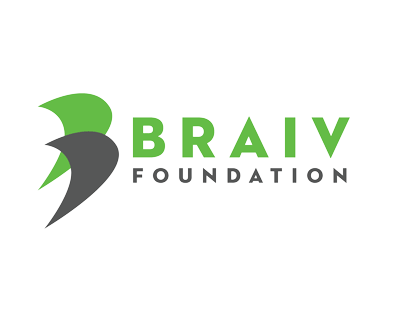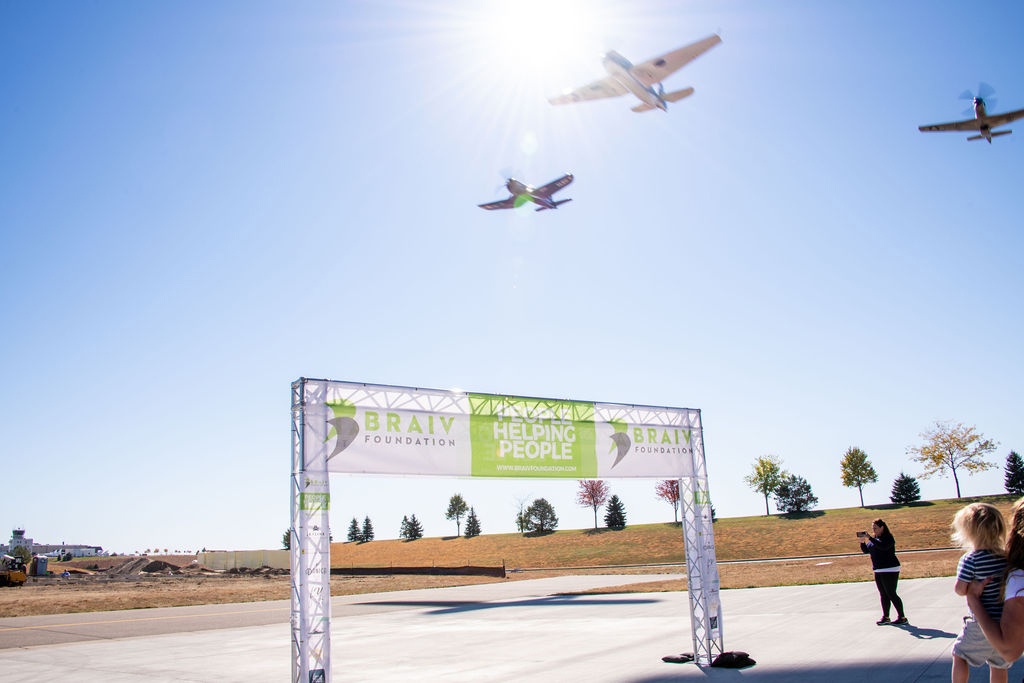For too long, the devastating effects of traumatic brain injuries (TBIs) have plagued our nation’s service members and veterans…But a new dawn is on the horizon, as the Department of Defense unveils its comprehensive Brain Health Initiative to confront this challenge head-on.
At the heart of this initiative is a heightened emphasis on preserving cognitive performance. By monitoring neurocognitive assessments throughout a service member’s career, the plan aims to detect any decrements early. As stated in the report, “This new focus will entail each Service member undergoing a computerized neurocognitive assessment test within 1 year of accession and, at a minimum, every 5 years thereafter, with test results accessible in the electronic health record.”
This proactive stance extends to identifying and mitigating potential brain threats as well. The DoD has already issued new guidance, stating “The memorandum called on the DoD to manage risk of blast overpressure exposures exceeding 4 pounds-force per square inch as part of training, planning, and execution.”
A key priority is the development and deployment of portable diagnostic tools like the Analyzer Traumatic Brain Injury (ATBI) device. The report notes, “FDA approval was achieved in January 2021, enabling commercial availability of the device. The Department anticipates fielding of the capability in 2025.”
Educational efforts will equip frontline personnel with knowledge to spot TBI symptoms, as the plan calls for “identifying, developing, and deploying evidence-based assessment, diagnostic, treatment, and rehabilitation strategies for TBIs.”
The strategy crucially emphasizes combating long-term effects, aiming to “reduce or eliminate long-term and late effects from multiple brain exposures and injuries that have a negative impact on brain health.” Partnerships like the Long-Term Impact of Military-Relevant Brain Injury Consortium with the VA are helping further this understanding.
The National Academies’ new Forum on TBI is a beacon of hope, bringing diverse stakeholders together “to foster discussion on and help advance implementation” of the Academies’ roadmap recommendations to accelerate TBI progress.
This coordinated approach “prioritizes preserving cognitive vitality, mitigating future risks, and restoring full brain health” according to the report’s framing of the initiative’s mission.
By optimizing service members’ “cognitive and physical performance, the initiative fortifies military readiness and operational effectiveness” – a key priority outlined in the National Defense Strategy.
The path ahead will be difficult, but the military’s considerable investment, with $12 million for the initiative in the FY 2025 budget, shows its determination “to make it a reality” of improved outcomes for TBI survivors.
For those impacted, this comprehensive plan “offers renewed hope” – hope that the devastating toll of TBIs can finally be overcome through resilience, recovery, and an unwavering commitment to their brain health.



